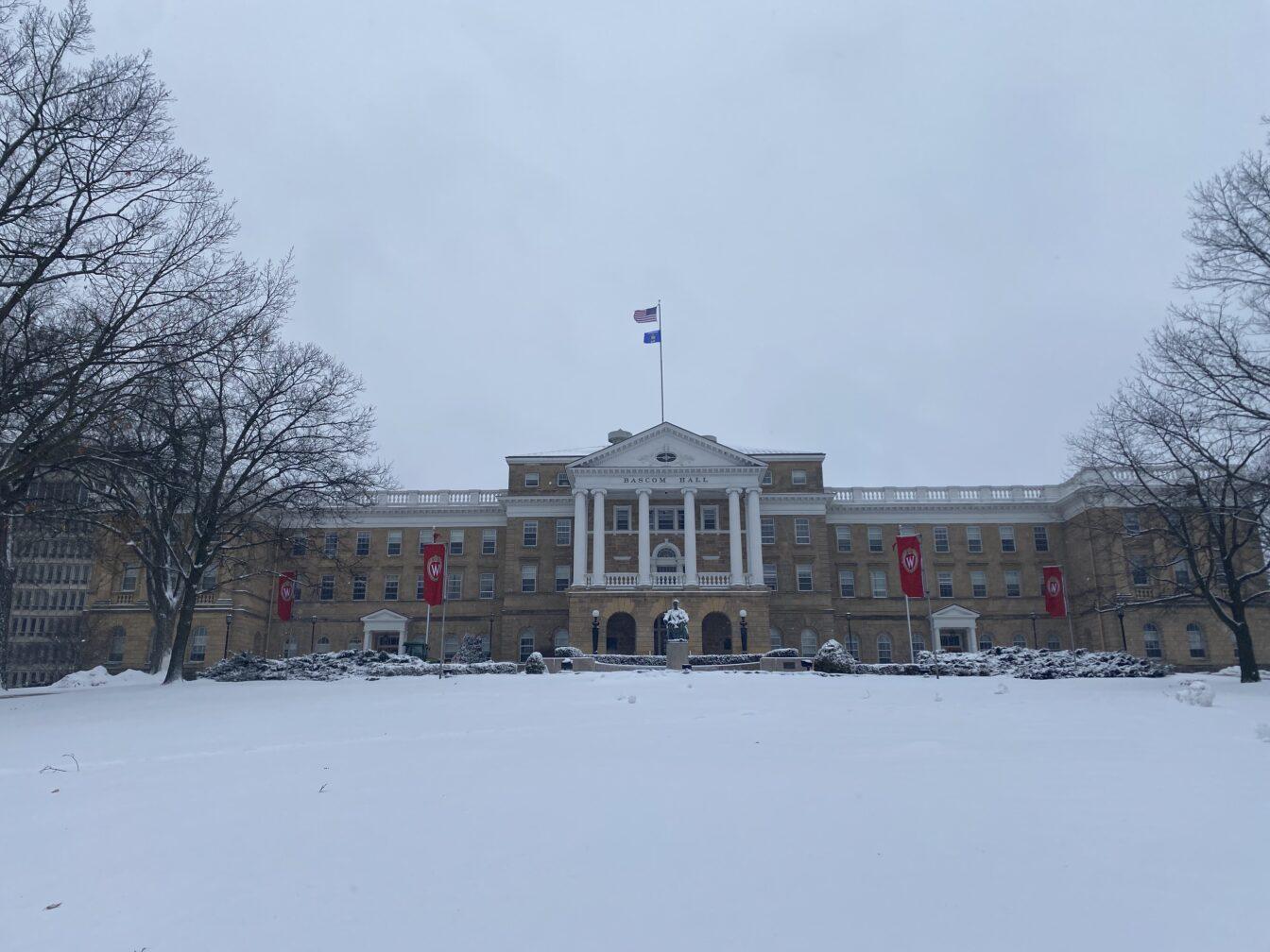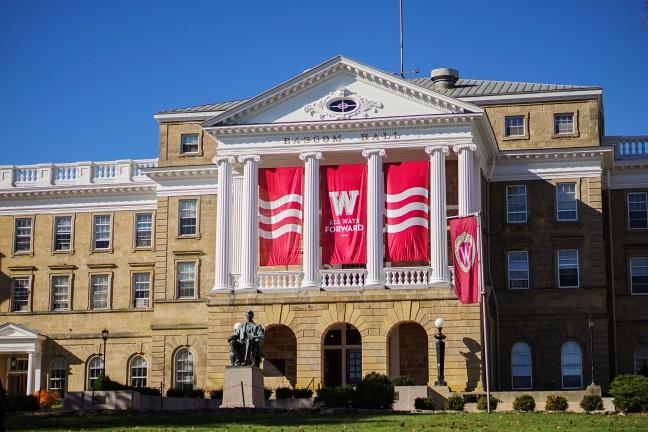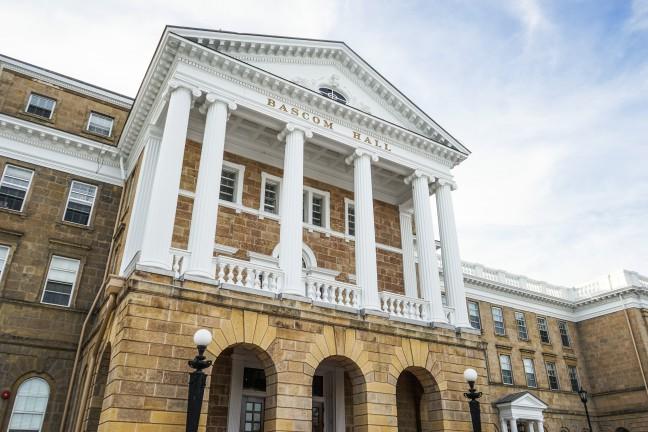At a meeting with student leaders Tuesday, University of Wisconsin Chancellor Biddy Martin took the first 6 1/2 months of her term spent fact-finding and listening and turned it into a bold proposal to increase funding to attract tenured faculty, need-based financial aid and student services — calling it the Madison Initiative for Undergraduates. The plan would institute a gradual increase in tuition costs over the next four years — in-state students would pay an extra $250 per year every year while the increase would be $750 for out-of state students. After four years, this would mean an increase of $1,000 from current levels for in-state students and an increase of $3,000 in out-of state tuition.
We believe this decision is a necessary and dynamic step for UW and one that, even in the face of a harsh recession, will lead to a much-needed boost in the quality and accessibility of our university. These two goals are not mutually exclusive, and it is refreshing to see Martin put a plan into effect that recognizes our flagship institution must make retain its world-class status while also making the university affordable for working- and middle-class students.
That being said, there is a fair amount of this plan that still needs to be clarified and explained to the student body and state leaders before UW-Madison rushes this to the UW System Board of Regents.
The plan calls increased grants for students with parents making less than $80,000 a year. However, it is unclear why the number was placed at $80,000 and what justification there is for making that the cutoff line, especially considering this would currently aid only 6,500 of UW’s 29,000 undergraduates.
More importantly, they have yet to explain what role the expected financial contribution of a family has in this process. Some students may have families with special circumstances (paying for tuition themselves, having siblings who reduce the EFC for a family in a slightly higher income bracket, etc.) that are more directly tied to the actual family contribution rather than total household income. These gaps must be addressed as current language suggests those students may also be left in the financial lurch.
In a case like this, UW might have done well to line up a few high-profile donations or gifts to get the dollar-for-dollar contributions from UW Foundation to this program off to a running start. However, it is not clear to what extent they can sustain a high profile fundraising drive in the midst of the current economy. Certainly, there may be a plan to target alumni, but they seem to be keeping their strategy close to the vest. It would be helpful to have some reassurance that UW was already wrangling donors to jump on the bandwagon before they announced this plan.
If these questions are answered to some satisfaction and the program still seems like a viable, reasonable increase to aid undergraduate affordability and quality, the initiative itself is the correct move in a time when other schools are still trying to limit tuition increases — something that also curtails the overall investment in higher education, given reductions in-state funding for public education.
However, UW officials and Martin must work in tandem with state legislators and the Board of Regents to address how to lift the burden placed on students by the supplemental increase and larger, inevitable UW System tuition increases. While inflation and the cost of higher education will likely lead to a series of yearly 5-6 percent systemwide increases, state and UW leaders must plan ahead and anticipate the coming of this substantial burden as well.
This total rise in costs is most important when talking about out-of-state students. While the end result of combined supplemental and systemwide increases for all undergraduate UW-Madison students is a 50 percent jump from current instructional costs, the end cost for out-of-state students after four years (projected by UW at $32,862) may provide incentive for some to run toward state schools or other universities if the quality of instruction and end value of their undergraduate degree is not markedly increased. And if out-of-state student quotas are not filled, the main source of revenue for this program may fall short of expectations.
It is for this reason that UW must bundle with this program a renewed sense of budgetary scrutiny when deciding what is essential to increasing the quality of this institution.
For example, last week, the Higher Education Subcommittee of the state’s building commission gave their go-ahead to UW-Madison building projects totaling approximately $580 million dollars. While we understand the state wishes to speed up construction on all projects while costs are low, we are skeptical all these proposals are better investments in the value of a UW education than professor retention packages or similar moves.
Yes, most of these projects are the result of program revenue and specifically targeted gifts and grants from donors. But considering $80 million comes from taxpayers and a modest retention package during the last biennium cost about $10 million a year, even a small redirection in funding choices would help to boost more important instructional objectives of the university.
These sort of strategic decisions should be followed in every other aspect of budgeting — those asking for segregated fees, make a note of this.
While there are certainly more details and planning that need to go into the extenuating circumstances and possible unintended consequences of the Madison Initiative, we support this plan for now, pending responsible management and presentation to the student body.


















